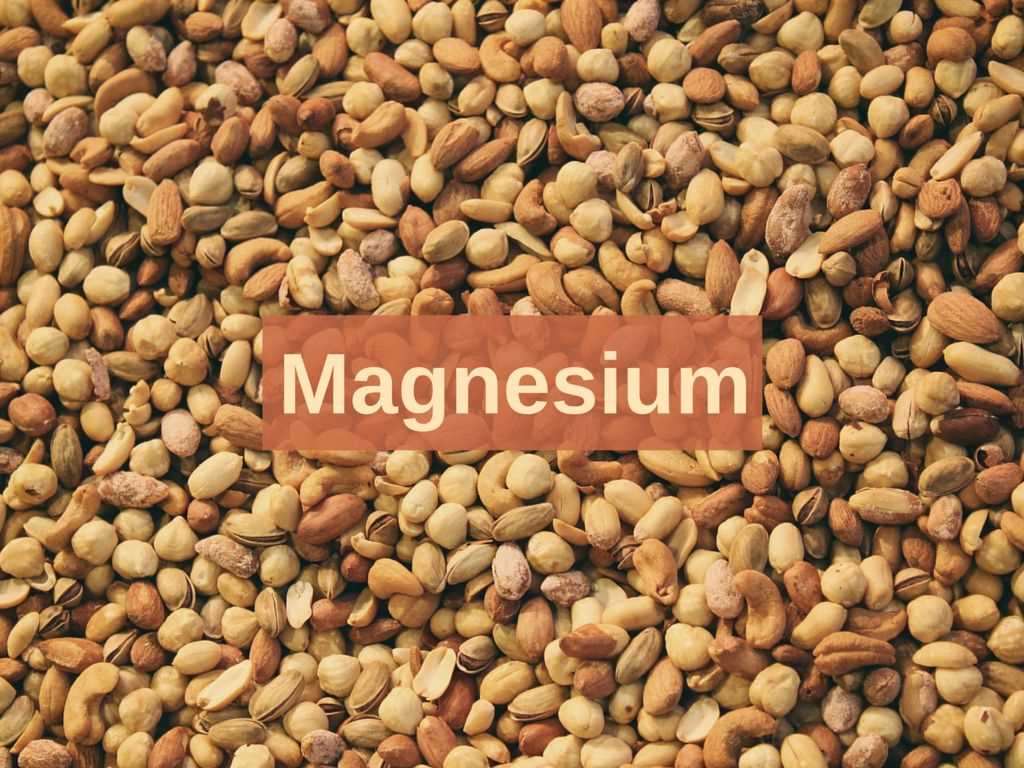
Magnesium
- What is Magnesium?
Magnesium is found a lot in the body and is important for so many enzyme systems in the body. It is also essential to regulate a lot of the biochemical processes in our body as a synthesis of RNA, DNA and also in bone development.
- What are the Sources of Magnesium?
Magnesium is found in a lot of green vegetables like spinach, in legumes, seeds, nuts and also in whole grains. Any food that has a lot of fibers has magnesium in it. It is found in oatmeal, raisins, milk, almonds, peanuts, black beans, potato, avocado, bread, kidney beans, banana, salmon, halibut, chickens, beef, rice, yogurt and soymilk.
- How much Magnesium should I take?
Many nutrition agencies recommend that an adult has to consume less than 420 milligrams of magnesium per day and older adults, less than 320 mg for females.
- What can happen if I Dont take Magnesium?
Deficiency of magnesium can cause loss of appetite, nausea, vomiting and overall weakness. With time, it can progress to seizures, muscle cramps, and irregular heart rhythms.
You may also like to check on the following, in case, you are unknowingly missing a vital nutrient in your diet that can have significant impact on your kids or your health:
Beginner’s guide to:
| Calories | Carbohydrates | Fats | Iron |
| Proteins | Fibre | Trans Fat | Zinc |
| Cholesterol | Folic Acid | Calcium | Sodium |
| Chromium | Vitamins | Selenium |